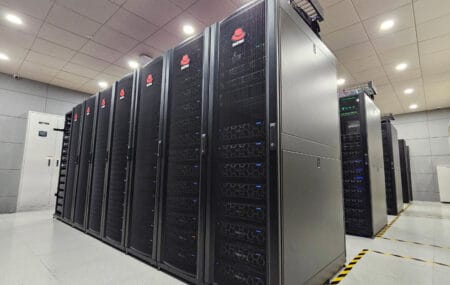Unity is getting a new CEO in the aftermath of incurring the wrath of game developers worldwide. John Riccitiello is stepping down effective immediately, being replaced by former Red Hat CEO and IBM President Jim Whitehurst.
Riccitiello has had a long tenure as leader of the game engine company, having been Unity’s CEO since October 2014. Under his reign, the tool became wildly popular, with various subscription options ensuring that both small developer teams and large game companies could use it.
Controversial
Unity announced in early September that it would introduce a new pricing model. Effective Jan. 1, 2024, a “runtime fee” would be added to existing subscriptions, requiring game producers to pay extra per installation. Repeated and illegal downloads could raise this fee without any monetary gain for game-makers, much to their dismay. Games are often offered for free as well, exacerbating the issue of sky-rocketing Unity fees in the near future.
The very negative reaction to the Unity news led to a large-scale revolt among game developers, who threatened to switch to another game engine en masse. Then Unity chose to have the runtime fee only apply to one installation per consumer and not to existing installations before 2024.
Tip: Unity revises plan for license fee increase after revolt by end-users
Changing of the guard
Still, it seems the controversy has led to Riccitiello’s departure despite efforts to remediate. His replacement is Jim Whitehurst, who was Red Hat’s CEO between 2007 and 2020. From April 2020 up to July 2021, he was president of IBM after it had acquired Red Hat.
With his experience as a top executive at Red Hat, one of open-source’s biggest success stories, Whitehurst might chart a different course for Unity. However, his former employer similarly tried to alter their pricing model this year. Red Hat cut off access to the source code of Red Hat Enterprise Linux (RHEL) and prohibited its further distribution to end users. As with Unity’s userbase, this led to much resistance from the RHEL community.
For Unity, too, it remains to be seen whether a policy can be found that finds common ground with its users. Developing large-scale games, as it happens, now costs hundreds of millions of dollars, making it difficult to make a profit.
Tip: Lightning strikes the open-source world: SUSE builds its own RHEL variant



















